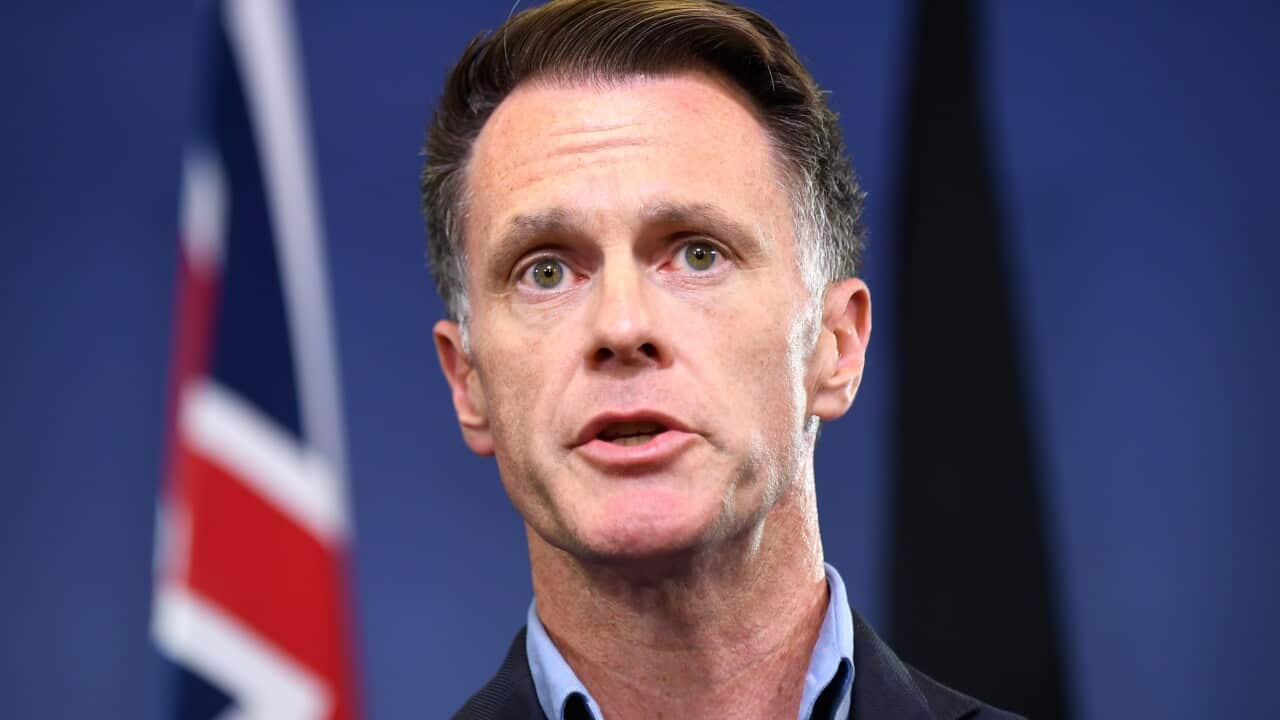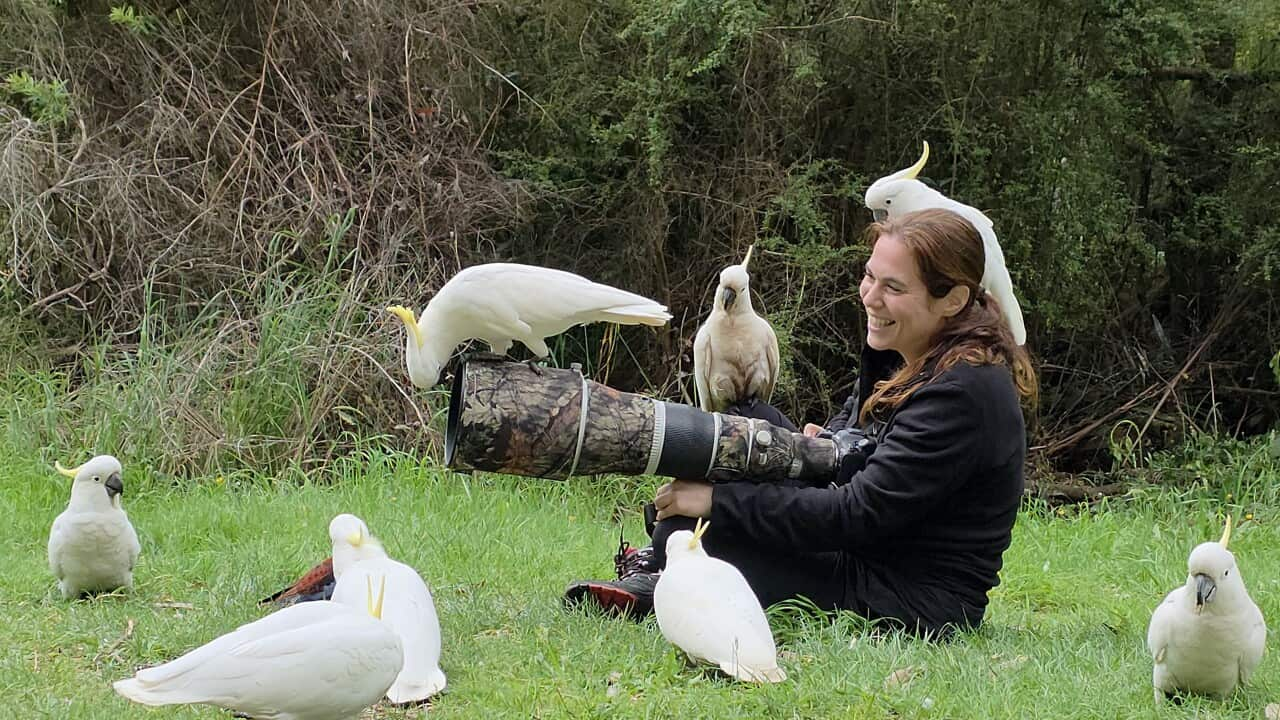Observing Indigenous cultural protocols
A special feature for Reconciliation Week
Feature by Melissa Compagnoni
Observing the cultural protocols of Australia’s Aboriginal and Torres Strait Islander peoples is an important step towards understanding and respecting the Traditional Owners of the land we all live on.
This episode of Settlement Guide is an introduction to some important protocols that can influence our behaviour and honour the unique knowledge and status held by First Australians.
Indigenous cultural protocols are based on ethical principles that shape our working and personal relationships with Aboriginal and Torres Strait Islander peoples.
It’s important to nurture these relationships because they are the First Australians. Aboriginal and Torres Strait Islander peoples have an intimate knowledge of the land and can teach us so much about caring for our environment.
Caroline Hughes is a Ngunnawal Elder of the ACT and region. As an Aboriginal Elder, she is held in high esteem for her deep cultural knowledge.
“Aboriginal and Torres Strait Islander People are the First Nations People of this country, and we have belief systems and cultural etiquettes that go back since time began. That is very much still a part of our lives today in modern Australia.”
By observing cultural protocols, we acknowledge the unbroken connection our First Australians have with the land and their ancient practices, says Rhoda Roberts, SBS’ Elder in Residence.
“We’ve continued oral stories, protocols and rituals for eons. And while things do adjust – we’re not a static peoples – the whole premise and philosophy of who we are is caring for Country which is our land, our sea and our waterways and sky.”
The term ‘Indigenous Australian’ encompasses both Aboriginal and Torres Strait Islander people, but Aboriginal people refer to themselves in ways that better connect with their identity.
Caroline Hughes refers to herself as a Ngunnawal woman.
“It’s appropriate to call us Aboriginal or Torres Strait Islander. I prefer to be called a Ngunnawal woman because that is my Country. So my Country is my language group and my tribal group, and that tells other Aboriginal people where I come from.”
‘Koori’ is often used to identify someone from NSW or Victoria, ‘Murray’ is used in Queensland and Aboriginal Tasmanians are ‘Palawa’, for example.
Torres Strait Islanders are the Indigenous Peoples from the islands between the tip of Cape York Peninsula and Papua New Guinea, and are predominantly of Melanesian descent.
Thomas Mayor is a Torres Strait Islander and National Indigenous Officer with the Maritime Union.
“All First Nations have slightly different cultures but there is a real clear difference between Islander culture and Aboriginal culture, and so Islanders like to be recognised as distinct Indigenous peoples for this country.”
Both the Aboriginal and Torres Strait Islander flags are flown alongside the Australian national flag to acknowledge these distinct Indigenous peoples.
We show respect by referring to terms such as ‘Indigenous’, ‘Aboriginal’, ‘Torres Strait Islander’ and ‘Country’ as proper nouns signalled by a capital letter. Abbreviations are inappropriate, explains Caroline Hughes.
“Never abbreviate ‘Aboriginal’ – it is really really offensive. Never refer to us as an acronym like 'ATSI' which is short for Aboriginal and Torres Strait Islander. We’re not an acronym either and we’re very particular about that, and there are offensive terminologies that would hurt our hearts to hear.”
Terms such as ‘Custodian’ and ‘Elder’ are also proper nouns. Elders are respected community members who possess a deep cultural knowledge which they have permission to speak about. Aboriginal Elder Rhoda Roberts explains.
“In our old way our Elders are those people who had learned wisdom and caring for people. And so when they get frail we look after them, because it’s their wisdom and their gentle guidance as teachers that teaches us the ethical way of behaviour towards other human beings.”
Aboriginal and Torres Strait Islander people show respect towards Elders by referring to them as ‘Aunty’ and ‘Uncle’. It’s appropriate for non-Indigenous people to first ask whether they can use these names.
Elders are often asked to deliver a ‘Welcome to Country’. Coined in the 1980s by Rhoda Roberts, Welcome to Country is a Traditional welcoming ceremony delivered at the opening of an event to honour the past. It may take the form of a speech, dance or smoking ceremony.
Similarly, ‘Acknowledgement of Country’ is an important welcoming protocol delivered at significant meetings.
“The Welcome to Country is done by those Custodians from that land base that you’re on, or indeed the Elders of that community. Whereas an Acknowledgement of Country can be done by all of us, black and white, wherever we come from. It’s us showing that we have an awareness of the land and respect for it, and that we’re visiting someone else’s land and we’re paying that respect. So acknowledgement is recognising that you might be working or living on a place that’s not the place you come from, but that’s okay. You still belong to it and you’re going to acknowledge and thank the Custodians and Elders.”
It's also important to acknowledge the historic trauma experienced by Aboriginal and Torres Strait Islander people when questioning a person’s background, says Caroline Hughes.
“It’s very inappropriate to talk about percentages and even skin colouring or eye colouring, hair colouring, because our children are raised in our culture, and that is very particular for us. And white society or non-Indigenous society rejected these children, whereas in Aboriginal culture they’re gifts from the spirit world, they’re gifts to our families, our community and they’ve always been accepted. Sometimes we hear when you have a cup of tea and you add milk to it, it’s still a cup of tea – just like us.”
However don’t be afraid to ask respectful questions when navigating cultural protocols, says Thomas Mayor.
“I suggest that people don’t feel like they’re going to be offensive as long as they come from a place that is genuine and respectful. It’s fine to ask questions about how best to do things in relation to protocol with Indigenous Peoples. And then the most important thing is then to listen and accept the explanation and move forward respectfully.”
SBS’ Elder in Residence reminds us that the idea of cultural protocol is universal and is essentially about acknowledging your fellow human being.
“It’s about kindness and compassion. For me personally as a Widjabul woman, protocol has always been part of our life cycle, and the fact that we are still doing it is just an incredible feeling of contentment. It’s a real grounding. But at the end of the day I always say, it’s just good manners.”
NB. Aboriginal and Torres Strait Islander people, Traditional Custodians, Traditional Owners, Indigenous Australians and First Australians can be used





